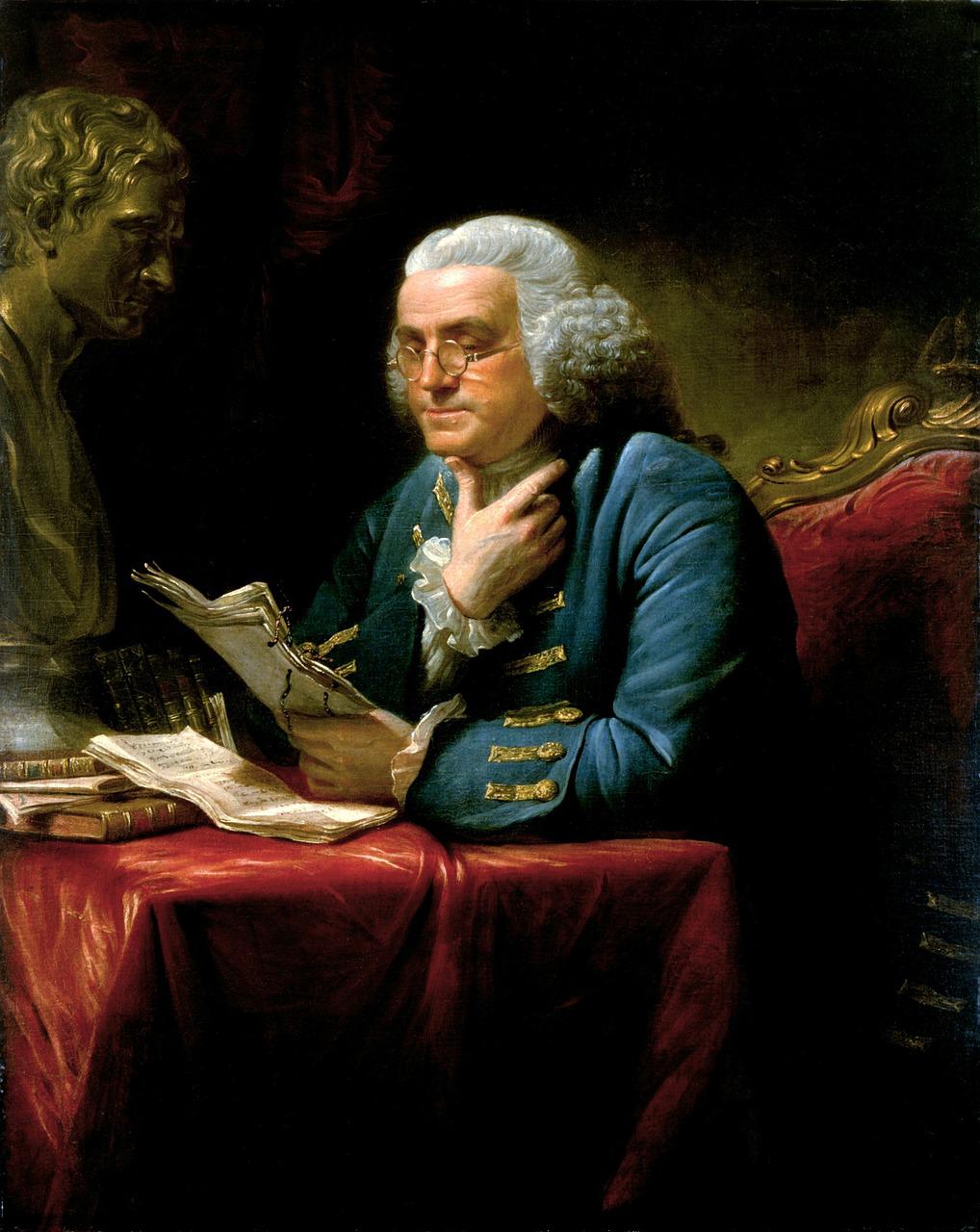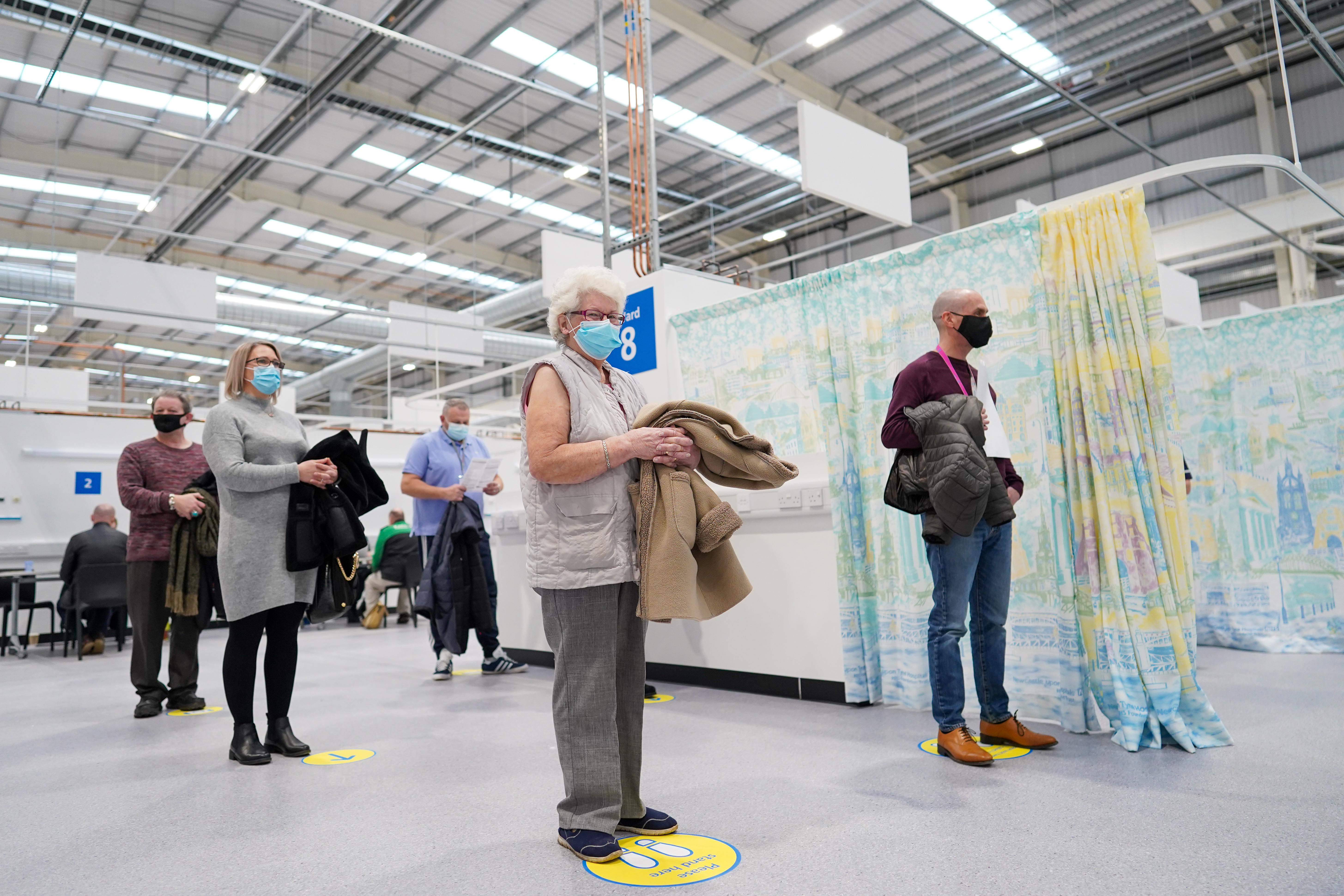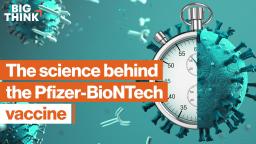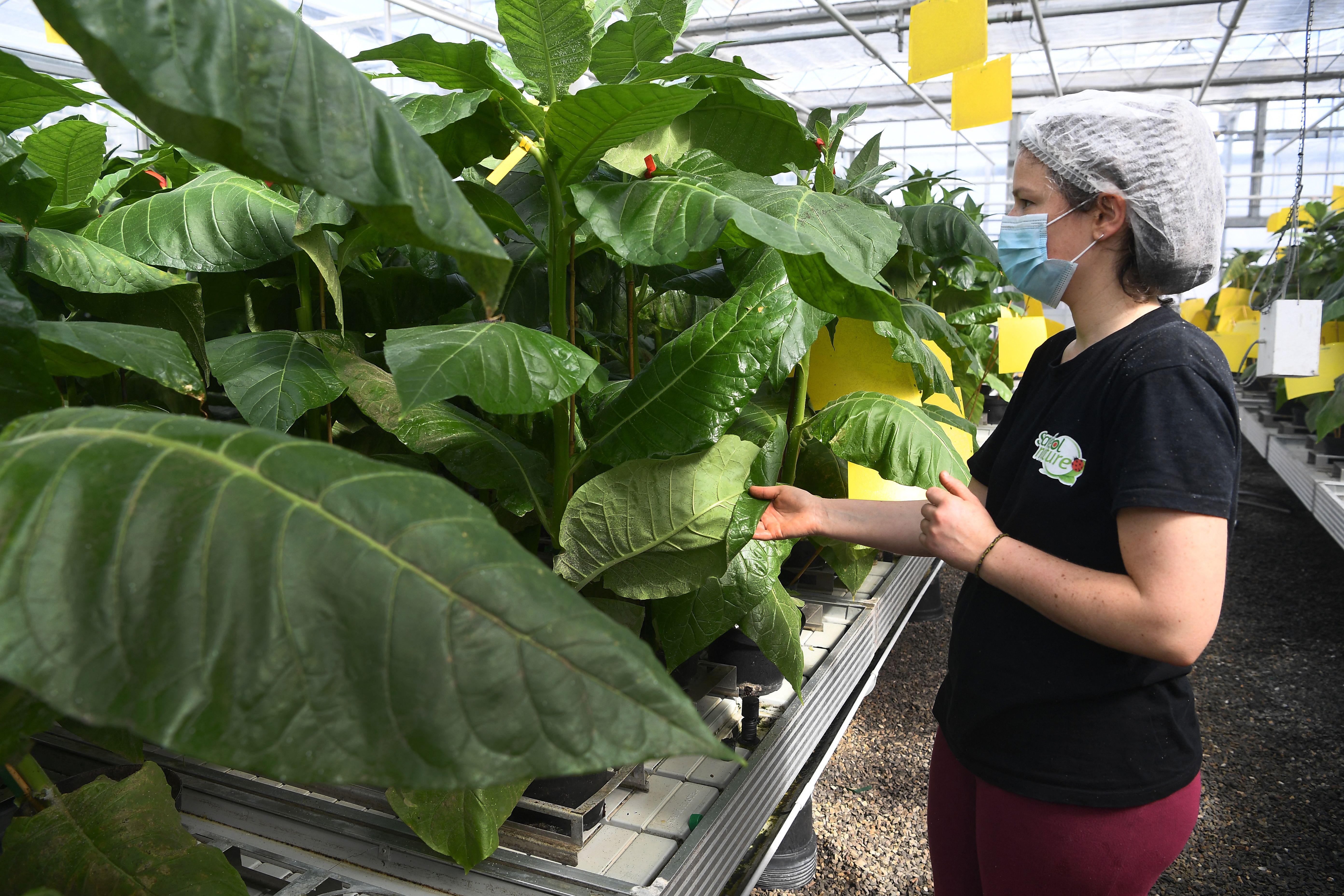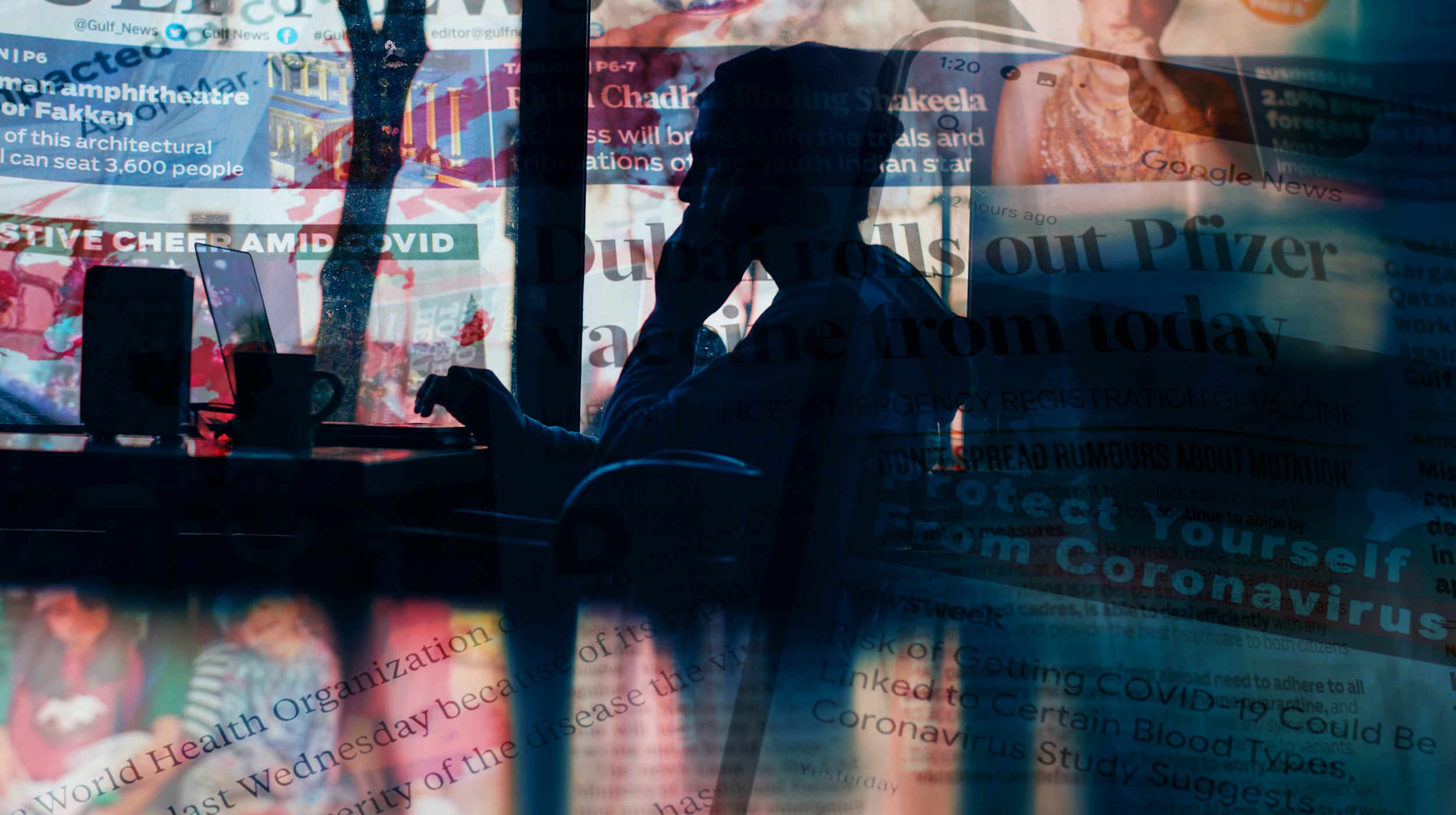Could Alzheimer’s—a devastating degenerative disease that affects millions of people a year—be prevented with a simple vaccine? Lou Reese, the co-founder of start-up United Neuroscience, believes that it’s a very real possibility that we could see within our lifetime. And it might even help us live longer, because as Lou puts it, “the largest gains in human longevity ever are debatably attributed to vaccine technology.”
Lou Reese: Humanity has always been propelled by dramatic innovation.
In the 20s and 30s we knew that we would run out of food by the 70s. We invented a nitrogen phosphorus potassium based fertilizer and that created the green revolution that now can feed everybody on the planet.
These are always solutions that create, like that are driven by an unbelievable ecosystem, an unbelievable need and the unending and unyielding spirit of innovation that defines humanity. So those things combined are what make it so exciting.
So if we look at the cost of Alzheimer’s, if we look at the cost of – and this isn’t all neurological disorders, this is just Alzheimer’s—if we look at those costs direct and indirect we’re spending as much taking care of people with Alzheimer’s every year as an Iraq war. So the magnitude of these numbers is astronomical.
So like these numbers are devastating and we could all be pretty morose about it. The reality is that I’ve never felt more optimistic to be alive. I’ve never felt better about the environment that we’re in in terms of solving problems, being able to identify them, being able to direct resources to them.
This year for the first time since the Spanish flu we’ll have three years in a row of decreasing longevity in the United States. We will live less long three years in a row. Less long than ever and everybody else believes that we’re living longer and longer and longer. It’s driven primarily by two things, and primarily Alzheimer’s is the number one driver in this. And the secondary driver unfortunately is drug overdoses and suicides. It’s related to the opioid epidemic.
We’re actually developing products for both of those primary problems, for both of those decreasers in longevity.
So we’re working on a suite of non-opioid pain alternatives but our lead compound is a vaccine for Alzheimer’s.
And what that does is it means that we can really turn on the body’s immune system and enable it to fight toxic proteins that it’s generating itself. And what’s special about that to me is that the largest gains, back to this longevity idea, the largest gains in human longevity ever are debatably attributed to vaccine technology.
Now some people you can also argue, sanitation was very important. The antibiotic revolution was very important. But vaccine technology is—currently over 6.2 billion people in the world have been vaccinated right now. These are the most widely distributed medications and solutions that have ever been brought to mankind. And the consequence was that we really dramatically improved our quality of life and our longevity. We gave people better, healthier, long lives.
And now the big problem with vaccines is that you could never use them against non-external targets. So they worked great with viruses whether it was Ebola or Zika, polio, smallpox. We actually can solve those problems pretty fast for the external targets.
But now what’s killing us more than everything external are actually for the first time this year the bar crossed and internal things are killing us more. So the agents of chronic illness.
So it’s no longer fighting bacteria and viruses and these other external causes of death or causes of suffering or causes of disease. Instead it’s internal ones. It’s things that are causing atherosclerosis and heart disease and stroke. Things that are causing cancers. Things that are causing diabetes, Alzheimer’s, Parkinson’s. All of these different chronic illnesses. Now why don’t we vaccinate against chronic illness?
Well the idea is that you’d be fundamentally targeting something that’s in your own body, right? Like you’d be targeting something your body was making. And so what does that sound like? It sounds like an autoimmune disease. It sounds like if you made your body do that it could trigger an autoimmune disease.
And it turns out that that’s one of the big challenges in making vaccines against things your body generates. And they call that the self-barrier, or breaking self-tolerance, or all of these like different things that describe this phenomena.
But the bottom line is the body does not like to attack itself and it’s trying not to. And for millions of years our immune systems evolved so that we don’t do exactly that.
Now what’s awesome is that our technology platform has been able to do it and do it safely and we’ve been able to do it in a lot of applications.
To me this is our Sputnik moment. This is my generation’s opportunity to say for the first time the ecosystem, the pieces, the motivation, the goals are there. We’re aligning around this and we have an absolute opportunity to make a dramatic impact. And it’ll be that village, it’ll be that ecosystem that ultimately achieves the goal.
When we put people on the moon—and I tell my team this all the time—no one person put someone on the moon. There were over a thousand different companies that were all involved, full time, going a thousand miles an hour. There were companies that were making the screens, there were companies making the knobs, there were companies making the wiring systems, the rocket engines. There were companies making the external heat deflectors. These are so many little details, and without all of them it doesn’t work.
So when we go after things that are really big goals and when we go after huge problems it’s that village, it’s that ecosystem that’s solves it, and I really have a firm belief that this is like the greatest time that we could possibly be alive, and solving these problems are some of the greatest problems facing mankind, but they’re also, you know, we’ve never had a better chance of solving them. So I feel like it’s a really great time.

